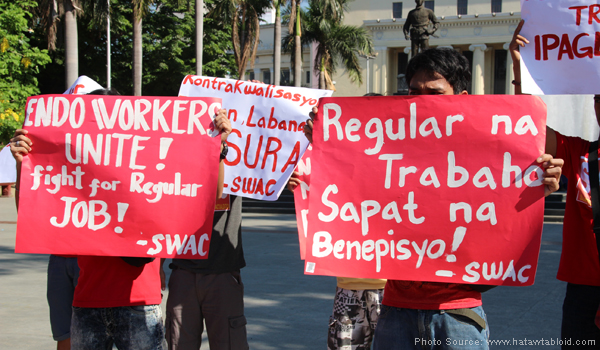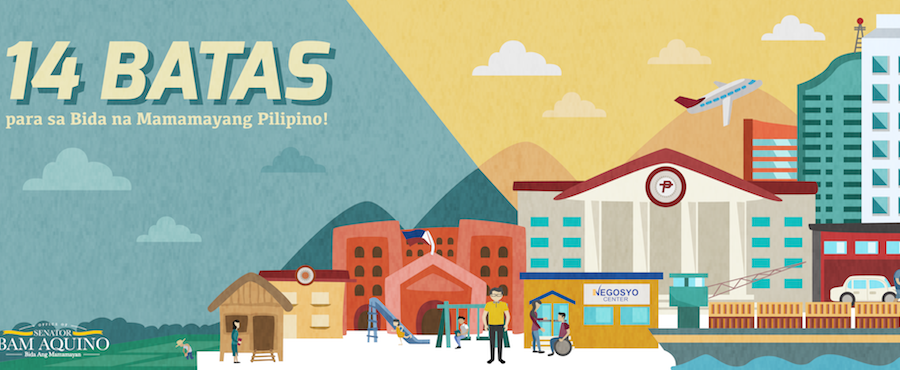Bam welcomes President Duterte’s EO on FOI
Senator Bam Aquino lauds President Duterte’s Executive Order (EO) implementing the Freedom of Information (FOI), saying it is a “welcome development in the fight for transparency and good governance”.
“We believe wholeheartedly that this Executive Order will aid in the fight against corruption,” said Sen. Bam.
In the 16th Congress, Sen. Bam was among the senators who pushed for the enactment of the FOI into law, passing it on third and final reading.
However, it did not come to fruition as the House failed to come up with its own version of the measure.
In the 17th Congress, Sen. Bam has filed a measure entitled the People’s Freedom of Information Act seeking to institutionalize the FOI into law.
“This is a bold step in the right direction, and hopefully, the legislature can follow the President’s lead and institutionalize this into a law as well,” the senator added.


Recent Comments